
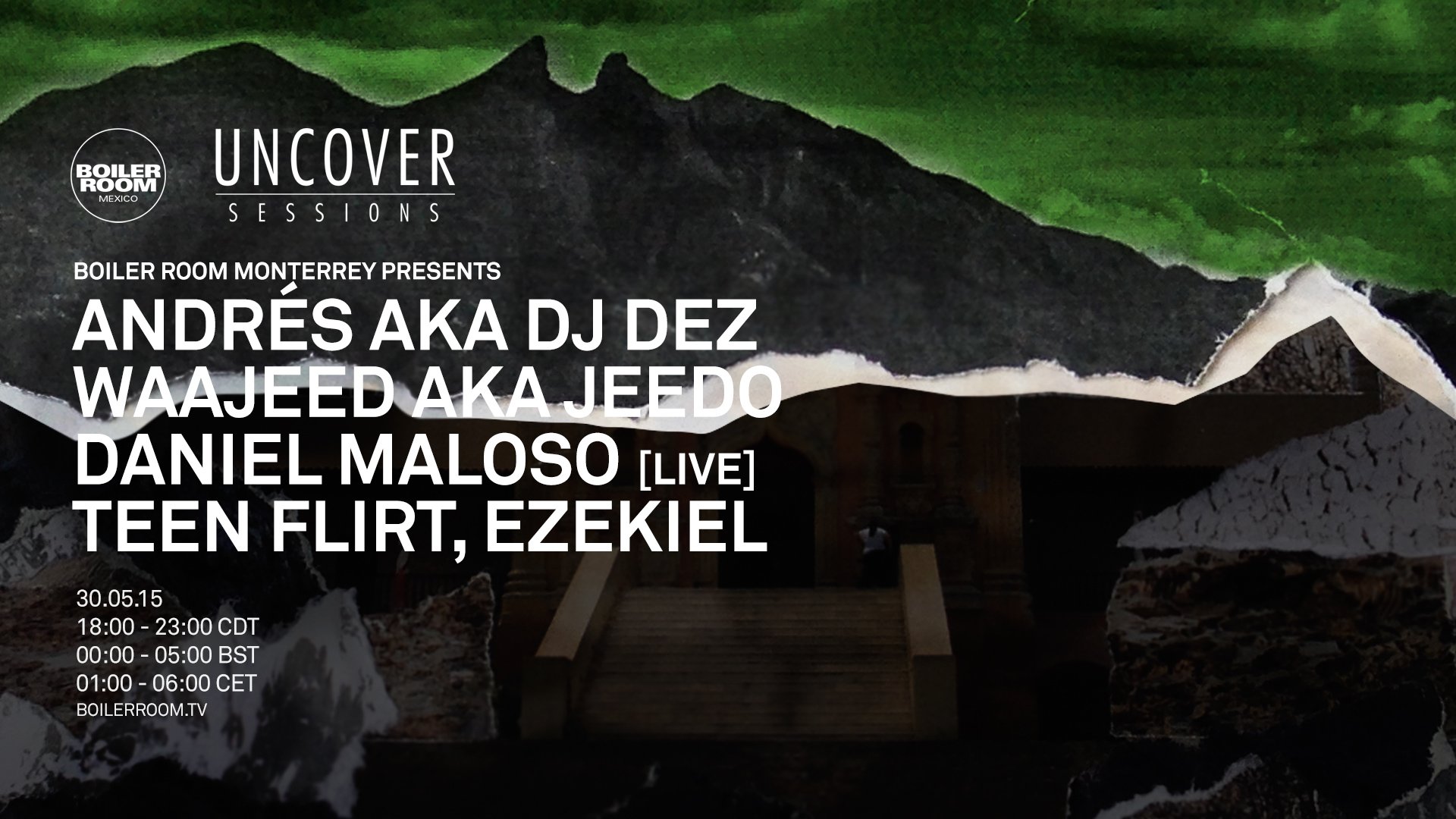
Uncover Sessions: Monterrey
Of all the scenes that exist in Mexico, Monterrey’s blooming wave of producers is one of the most dynamic and vibrant of the country because of its extensive musical narrative that is bathed in urbanism, has a strong pop inclination and pushes experimentalism. Not everything filters outwards of the city though, leaving residues of these musical manifestations to the margin of everyday life. Additionally, Monterrey has the capacity of taking subcultures born out of the fusion of traditional genres with contemporary tendencies and converting them into popular phenomena. Within the vestiges of an industrial city that follows the strong caprices of the market, Monterrey is an ideal place to discover and live the creative tension that exists in an expense, complicated, and segmented plain.
Monterrey has parallel similarities with cities like Detroit, the birthplace of techno and other derivative electronic dance music and hip hop fusions. Due to its recent economic decay and under the relief of what shines through, personalities like Moodymann and Andrés have grown internationally at their own pace from there. Without being too recondite or too visible, both artists have achieved a respected body of work that has catapulted into different levels of appreciation and acclaim.
For the case of Andrés, the Cuban-American producer named Humberto Hernández, his experience is based on exemplifying a DJ/producer figure of electronic music with an historic background helps listeners understand his current situation of being a marginal artist yet to be discovered. Coming from a family of Cuban musicians, Andrés reveals a deep history and sound layer in his work that successfully achieves a connection with different generations and audiences around the world. Andrés has amplified every instance of what is musically possible which have led him to discover genres and aesthetics within the aural memories of which he can only portray: House, Soul, Hip Hop, or Latin rhythms. It doesn’t matter the origin of these forms, only the way each of these layers and genres are de-contextualised to create new musical narratives.
Another case worthy of mentioning is Ezekiel’s new edge of understanding within Bass, Electronica, and Hip-Hop or Daniel Maloso’s Electro-Gamberro sound which slides into global impact side-by-side with the Cómeme collective. Teen Flirt is also another illustrative example, since his accentuated pronouncements of rhythm integrates into a new worldwide experimental model. The “Tell me where you are from and I’ll tell you what you play” ideal is replaced with the generation of new sounds based out of new musical experiences and approaches.
ARTISTS
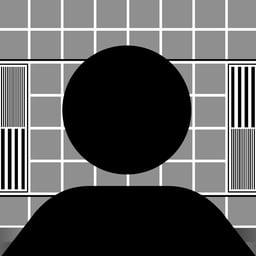




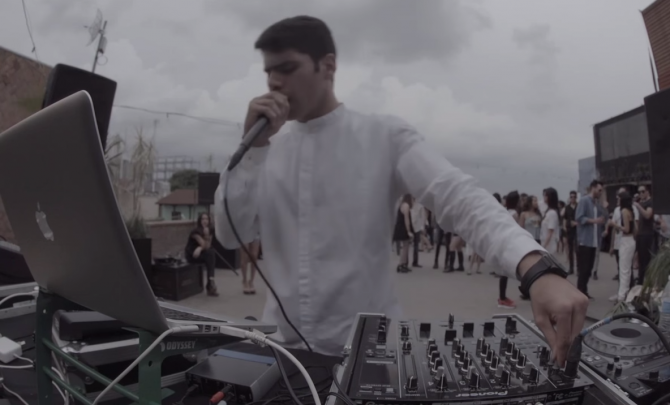

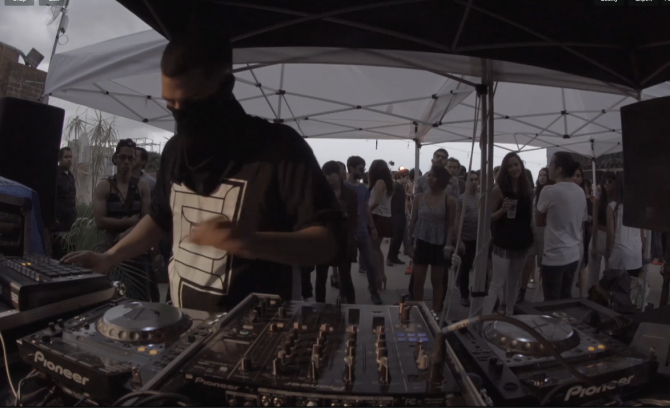
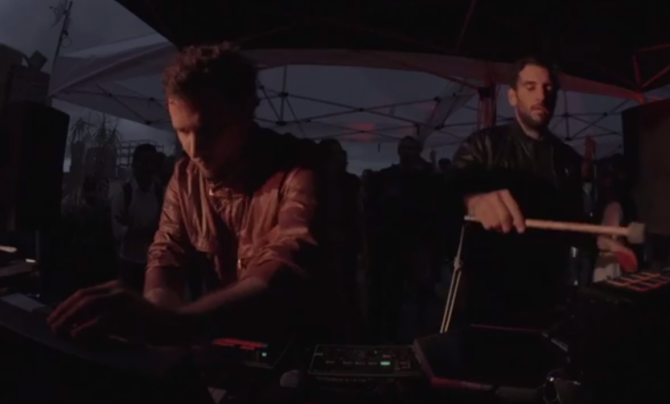
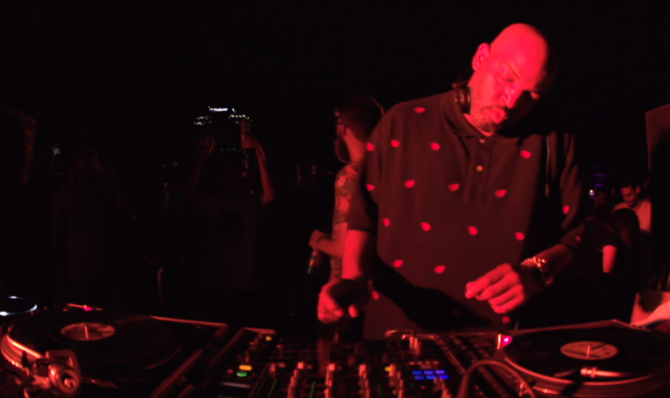






























 London
London New York
New York Berlin
Berlin Los Angeles
Los Angeles Amsterdam
Amsterdam Paris
Paris Mexico City
Mexico City São Paulo
São Paulo Barcelona
Barcelona Tokyo
Tokyo Melbourne
Melbourne Madrid
Madrid